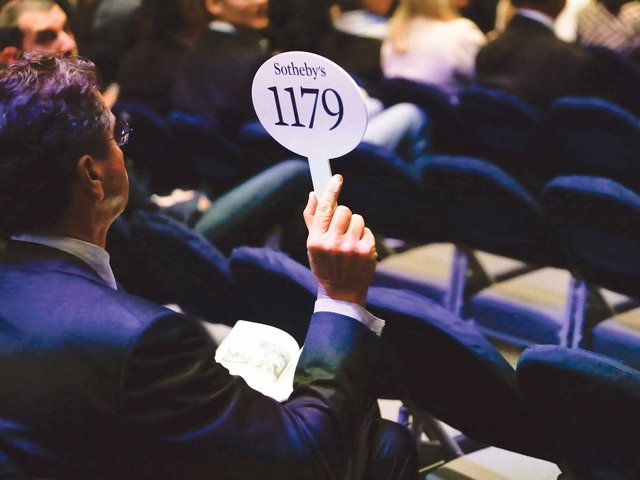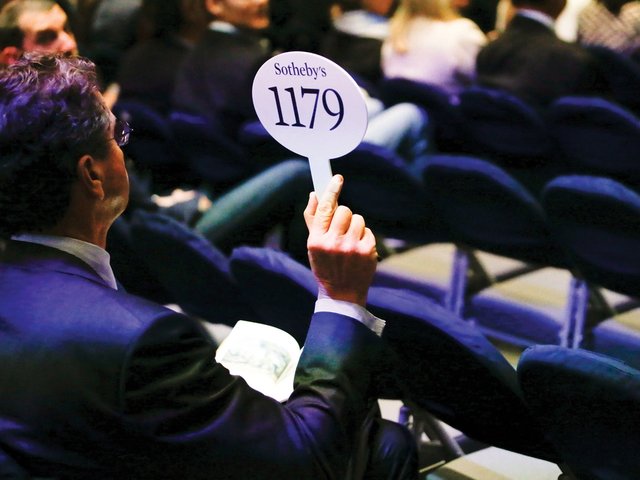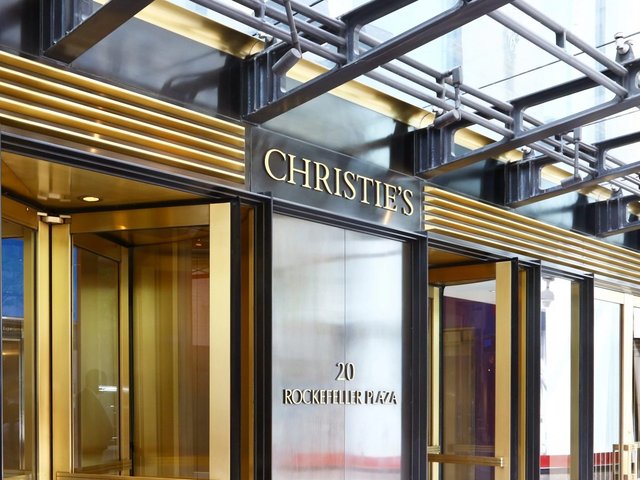New York City has abolished rules introduced 30 years ago to regulate the auction industry, potentially muddying an already opaque market. From 15 June, auctioneers will no longer need to be licensed.
The changes were authorised last year, though auction house representatives appear to have only learned in recent days of the new rules, which were relaxed to stimulate the economy, cut red tape and decrease fines following the coronavirus pandemic.
The old rules were established to protect clients and ensure certain information is disclosed ahead of a sale, such as when an auction house has a financial stake in a lot. The rules also stated that auctioneers could not publish an estimated value for a work that is below the reserve price—the minimum price agreed on a lot between the seller and auction house.
Another aspect of the legislation was designed to oversee a practice known as “chandelier bidding”, whereby auctioneers invent fictitious bids on a work to boost interest. The old rules only allowed chandelier bids up the reserve price.
For now, however, it seems the major auction houses—Sotheby’s, Christie’s and Phillips—intend to continue operating as if the regulations are still in place.
With “numerous auction locations around the world”, a spokeswoman for Sotheby’s says its “policies are consistent and designed to operate fairly on a global basis and in the best interests of our clients”. A spokesperson for Christie’s in New York says the firm did not advocate for the changes to the regulations and will “continue to operate as we have been”, adding: “Christie’s holds itself to the highest ethical standards.” Meanwhile, a spokeswoman for Phillips says: “Notwithstanding the repeal of the auction regulations, Phillips remains committed to conducting its auctions fairly, transparently, and in the best interest of our clients.”
The repeal of the old rules came as other government entities have been exploring whether the US art market needs further regulation to increase its transparency and to combat money laundering. In February, the US Treasury Department released a report saying there was no need for immediate action.





